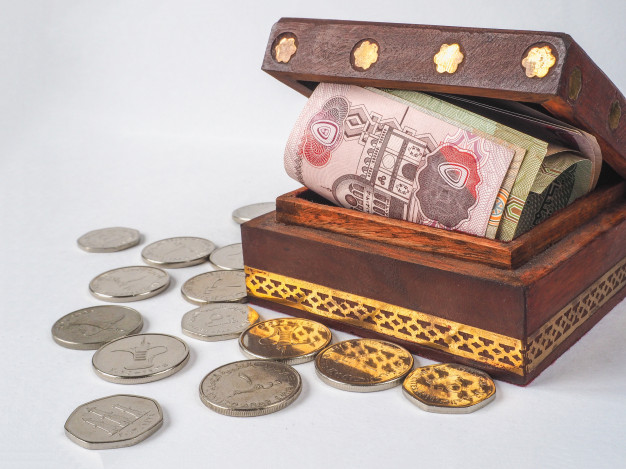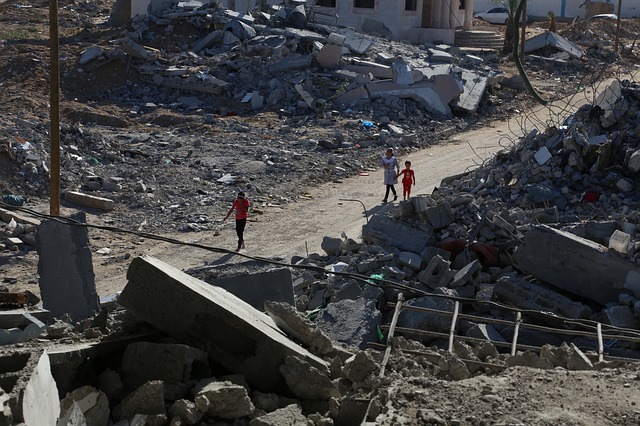Islamic finance in Indonesia fends off coronavirus chill
Islamic finance has thrived in Indonesia despite the coronavirus, with banks and fintech companies rushing to tap the growing field even as the pandemic squeezes the country’s banking sector overall.
The trend benefits from a master plan for creating an economy compliant with Islamic law announced by President Joko Widodo in 2019. Differences include the prohibition of interest under Islamic law. Sharia-compliant banks instead might earn income in the form of dividend payments from an investment.
Sharia-compliant banks logged a 3% dip in net profit on the year to 1.84 trillion rupiahs ($125 million) in the January-June half, according to the Indonesian Financial Services Authority, or OJK. In contrast, other banks suffered a 21% drop.
“You’re less likely to encounter moral hazard in Islamic finance, which follows set rules,” said a Japanese banker, adding that borrowers under these arrangements tend to be more motivated to repay money even during an economic crisis.
Indonesian lenders are eager to ride this wave. Bank Central Asia plans to merge its Sharia unit and the local operation of Dutch multinational Rabobank — which it is acquiring — as early as next year. Bank Mandiri and two other state-owned banks also will merge their Sharia operations, the Ministry of State Owned Enterprises said in July.
Bank Danamon, a unit of Japan’s Mitsubishi UFJ Financial Group, signed a contract with a hospital chain operator in August to provide a halal financing and insurance bundle — the first such product to be offered in Indonesia.
Tech companies want a slice of the pie as well. LinkAja, a financial services app, debuted Sharia-compliant offerings in April. Malaysia’s Souqa Fintech intends to launch its e-payment system in Indonesia.
The number of OJK-approved financial technology companies has roughly doubled to 11 since 2019. Many of them cater to smaller clients and young entrepreneurs who are struggling to secure traditional financing amid the pandemic.
Indonesia is the world’s largest Muslim country, with 90% of its 270 million people following Islam. The country recently has seen the rise of religious conservatism. Demand for halal products, both in and out of the financial industry, is only expected to increase.




























